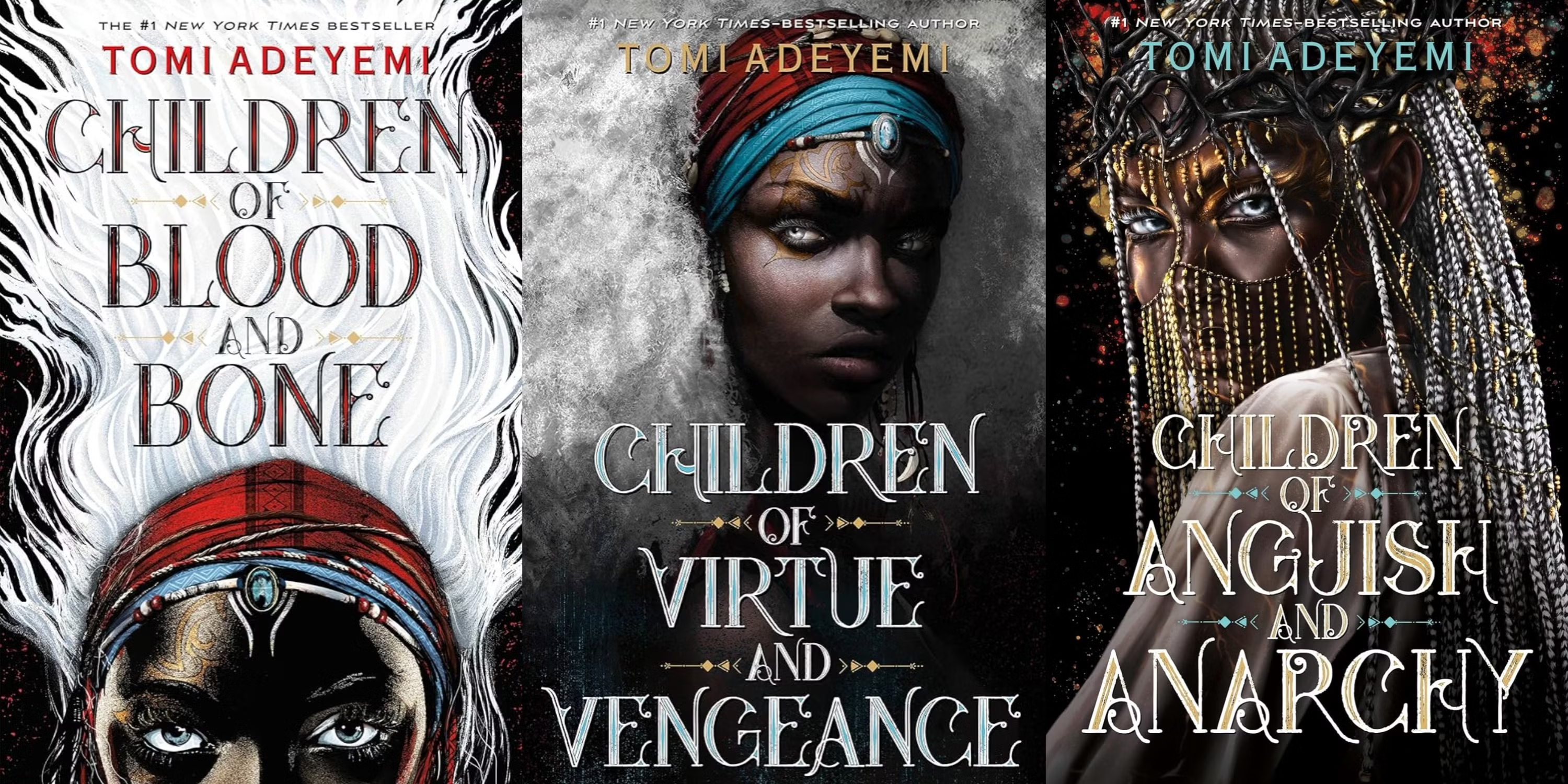
In recent years, speculative fiction has been electrified by the growing presence of Black authors, particularly within the realms of Afrofuturism, science fiction, and fantasy. This movement is not simply about increased representation, but about radically reshaping narratives and perspectives that have long been overlooked or marginalized by mainstream publishing.
Much like the surge of East Asian voices redefining fantasy and sci-fi, Black authors are doing more than adding cultural “flavour” to established genres. Rather, they are creating works that challenge systemic biases, subvert stereotypes, and explore the realities and futures of the African diaspora in deeply imaginative ways.
Afrofuturism: A Cultural and Literary Force
Afrofuturism is more than just a literary movement. It is an aesthetic, a cultural philosophy, and a mode of speculative storytelling that fuses African and diasporic histories, mythologies, and technologies with visions of alternative futures.
Long before the term became widely popularized, Black creators were embedding Afrofuturist themes in their work, think Octavia E. Butler’s Kindred or Samuel R. Delany’s Babel-17. Today, Afrofuturism has become a dynamic and increasingly mainstream force, influencing literature, film, fashion, and even academic discourse.
At its core, Afrofuturism offers a reclamation, an imagining of futures where Black people not only survive but thrive, free from the confines of colonial and dystopian narratives that have historically erased or side-lined them.
Breaking Free from Stereotypes
Mainstream media has frequently side-lined Black characters in speculative fiction, reducing there presence to that of the sidekicks, magical guides, or exoticized “others”. Similarly, Black authors have often been pigeonholed into writing solely about trauma, struggle, or urban realism.
What’s shifting now is a refusal to accept tokenism as progress. Today’s Black writers are crafting literary worlds where Blackness is complex, multifaceted, and not defined solely by Western-imposed narratives of oppression. These authors are telling stories of Black kings and queens, interstellar voyagers, rebel leaders, and technomancers; narratives that allow for both the celebration of heritage and the envisioning of liberated futures.
Leading Voices Redefining the Genre



Some standout authors are at the forefront of this renaissance, each contributing unique visions to speculative fiction:
- N.K. Jemisin’s Broken Earth trilogy, which earned her three consecutive Hugo Awards, is a masterwork blending environmental catastrophe, systemic oppression, and raw emotional depth in a world where power is both magical and political.
- Tomi Adeyemi’s Legacy of Orïsha series, inspired by West African mythology, weaves together fantasy, magic, and themes of resistance and resilience.
- Rivers Solomon’s An Unkindness of Ghosts and The Deep, which explore queerness, diaspora, and trauma in sci-fi settings that challenge the conventions of both genre and identity.
- Tade Thompson’s The Wormwood Trilogy, an Afrofuturist narrative grounded in Nigeria, blending cosmic horror with speculative science and folklore.
These creators are expanding the field of speculative fiction, proving that Black narratives are as diverse and limitless as the genres they inhabit.


Why Now? Cultural and Industry Shifts
The resurgence of Afrofuturism and Black speculative fiction is being propelled by several converging trends:
- A Call for Authentic Representation – Movements like #WeNeedDiverseBooks and Black Lives Matter have heightened awareness around the need for genuine, non-tokenistic representation.
- Independent and Small Presses – A rise in indie publishers committed to marginalized voices has allowed for riskier, more experimental works to find their audiences.
- Cultural Renaissance Across Mediums – The global success of films like Black Panther and the broader embrace of Afrofuturist aesthetics in music, fashion, and art have bolstered the mainstream appetite for Black speculative stories.
- Literary Recognition – Prestigious awards, bestseller lists, and critical acclaim have spotlighted Black authors, challenging industry gatekeepers to rethink what is marketable and “universal.”
Moving Beyond the Trend
While this moment is worth celebrating, it must be understood as the beginning of a sustained shift rather than a passing trend. True progress in speculative fiction will require ongoing dismantling of the systemic biases that have long limited access and visibility for Black authors.
Readers and industry professionals alike must recognize that Afrofuturism and Black speculative fiction are not novelties, nor are they niche. They are integral to the continued evolution of sci-fi and fantasy.
By championing the work of Black authors and rejecting tokenistic inclusion, we can foster a richer, more expansive speculative landscape—one where Black futures are not imagined within constraints but soar boundlessly.
The question is no longer whether Black authors belong in speculative fiction—they have always belonged. The question now is: How far can these visionary storytellers take us when given the freedom to create without limits?
Featured Image by MJH SHIKDER on Unsplash
